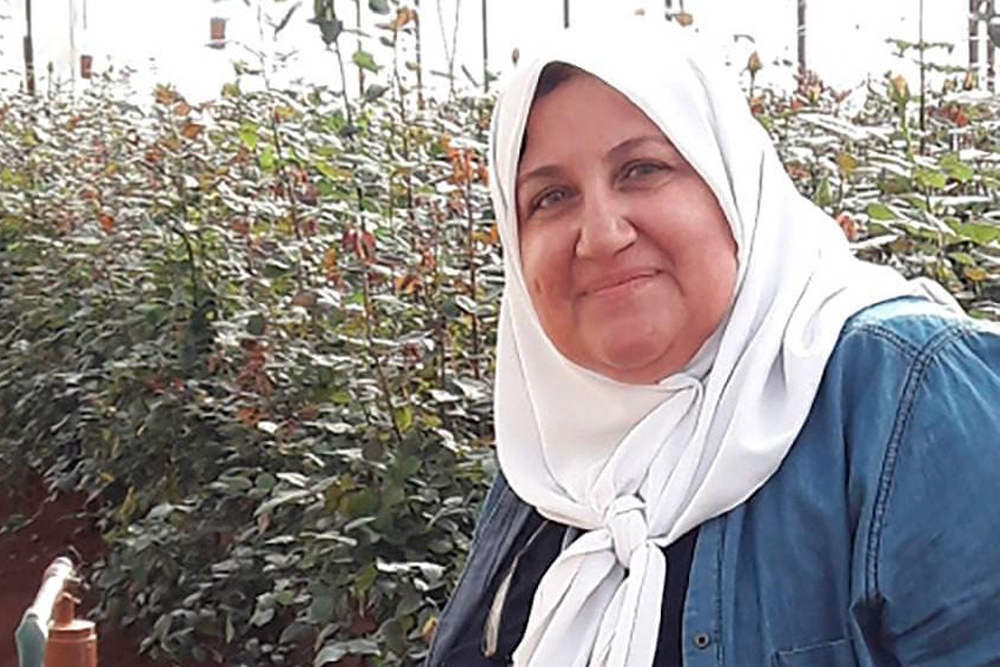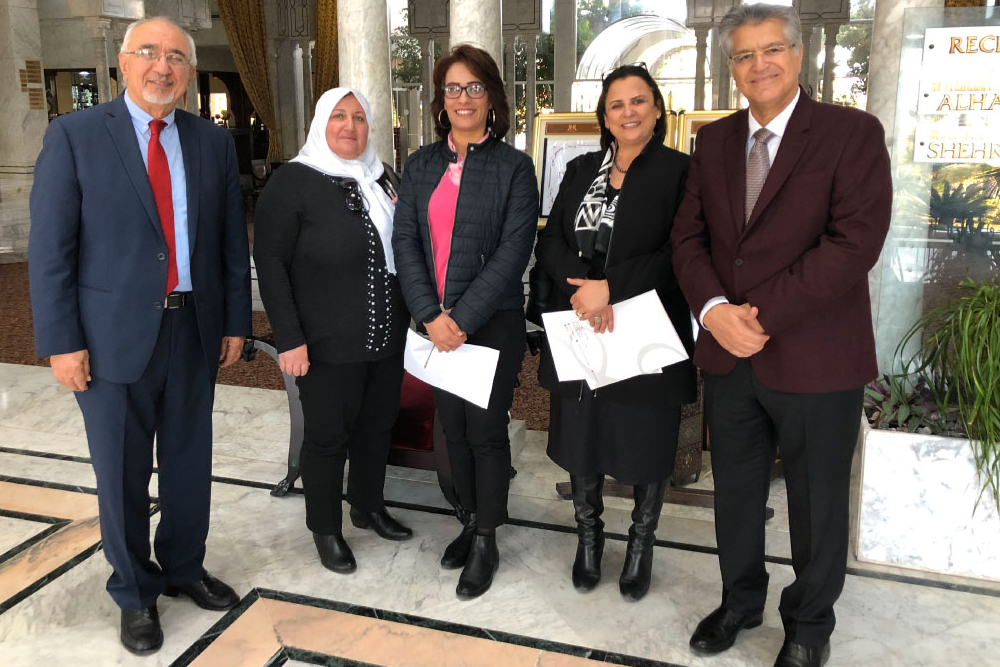
Every year, more and more women in this region are being recognized for their hard work, undeniable skill, and significant contributions to society and science, such as Plant virologist Dr. Safaa Kumari, renowned for her breakthrough research on crop infection and named one of BBC's 100 Women in 2020. Dr. Kumari has worked for many years on climate-fueled virus epidemics, specifically on protecting global crops from devastating diseases, and her journey as a world-recognized scientist began in northern Syria.
Thrilled to see @ICARDA's Plant Virologist Dr Safaa Kumari made it to the @BBC's 2020 list of 100 influential #women for her inspiring @CGIAR work on plant epidemiology.
— ICARDA (@ICARDA) November 24, 2020
Congratulations to Dr Kumari & all the remarkable women on the list: https://t.co/VzwZCFQXvY#OneCGIAR pic.twitter.com/N52K5USWb8
Born and raised in Aleppo, Kumari originally set her sights on becoming a doctor, but her grades would instead determine a different career path for her. By 1985, she graduated from faculty in agriculture, and would find herself working full-time for International Center for Agricultural Research in the Dry Areas (ICARDA), a non-profit organization offering science-based solutions for arid regions worldwide.
There, she took keen interest in plant virology. In fact, she would go on to discover that crops were prone to infections such as the faba bean necrotic yellow virus (FBNYV). Oftentimes, this disease proved to be devastating to low-income families who rely on crops of faba or fava beans (also known as broad beans), considered to be a prime source of nourishment and income.

Speaking in an article published by icarda.org, Dr. Kumari explained that like “pandemics for humans, they are very dangerous if a treatment does not exist [...] Can you imagine what this means for rural farming families dependent on that income?"
With challenges set by the global COVID-19 pandemic, food security became her highest priority. By 2011, much to her delight, she discovered a variety of fava beans that is resistant to the FBNYV, opening the doors to implementing the genetic traits on other crops.
When Kumari fled Syria, she took some seeds with her.
— UNHCR United Kingdom (@UNHCRUK) April 1, 2020
These are seeds that are resistant to a virus aggravated by #climatechange, and might prove to be essential for those who depend on fava beans for their income and nutrition.https://t.co/wCDDCk5flM
While attending a conference in Addis Ababa, however, ongoing conflicts drew much closer to her sister's residence, where the fava beans were stored for safekeeping. Armed fighters only gave occupants ten minutes to leave the area. Determined, she needed to save what was essentially two decades worth of research. She traveled back to Syria where, in spite of ongoing conflicts, she endured a two-day road trip from Damascus to Aleppo. There, she was able to retrieve the fava beans, and safely made her way to Lebanon. By 2015, she successfully implemented the virus-resistant traits on plants during her research, with some of the seeds now being evaluated in Egypt and Tunisia.
Indeed, Dr. Kumari's dedication, bravery, and hard work didn't go unnoticed. Recognizing her contributions to agriculture, the BBC named her one of the 100 Women last year, making her one of two Syrian women to be on the list, with filmmaker, Waad Al Kateab, being the other. At the same month as the award, FBNYV samples were taken for observation in Spain. Without any doubt, Dr. Kumari can be seen as a heroine of the agriculture industry worldwide.

















